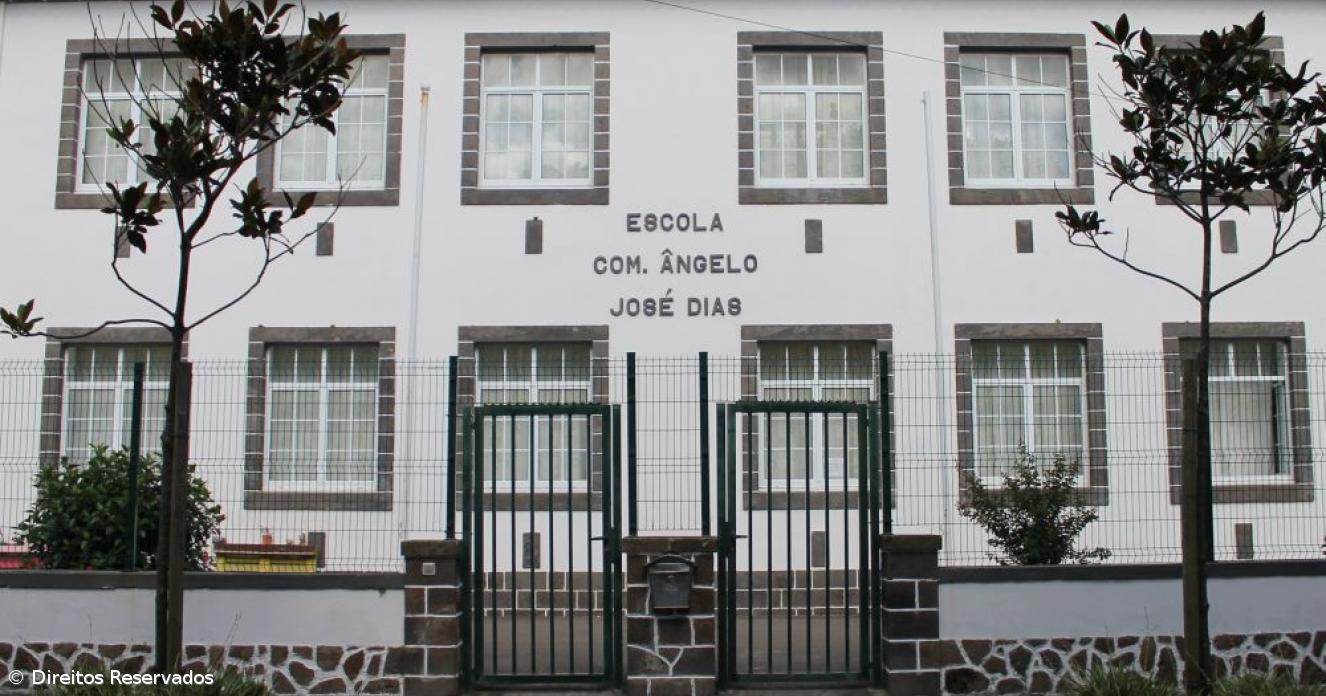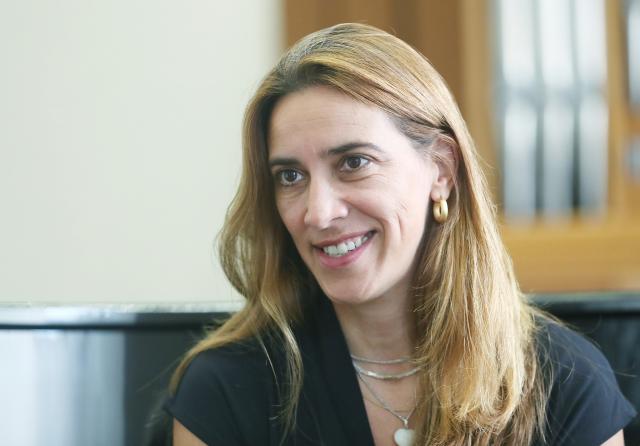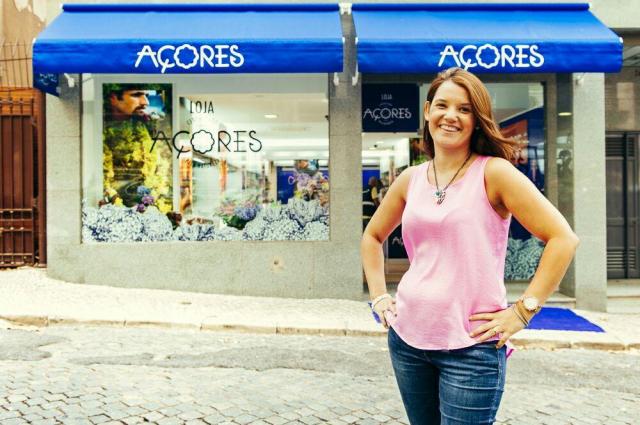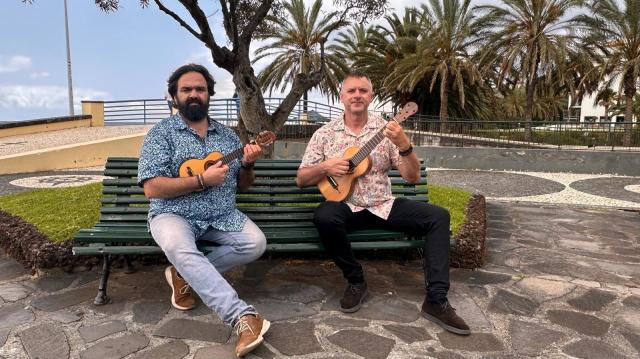Autor: Nuno Martins Neves
The series is based on a real fact – a sailboat loaded with cocaine that ran aground on the island of São Miguel in 2001 – to tell a universal story of overcoming, but filled with Azoreanness. The series "Rabo de Peixe", produced by Ukbar Filmes and created by Augusto Fraga and Patrícia Sequeira, premiered May 26, on Netflix.
The story, which tells the adventures of Eduardo (José Condessa) after they find hundreds of bags of cocaine washed up on the shore, is full of Azores. Yes, the main actors have no accent, but the Azores are still mirrored, as Augusto Fraga explains.
“I'm from the Azores, as is Francisco Lopes, while João Tordo and Fernando Mamede are from the mainland. When we wrote the series, two things were very important: to tell a universal story of dreams, desires, difficulties, decisions; but with a side of us. For me, it's not the accent, it's not the detail of being rich or poor, it's a way of thinking that belongs to the islands. I think that there is an inherent desire for those who are born on an island – it is not by chance that a third of our population is in the Diaspora – to know the world. We have very deep roots on the island, but then we have this desire to see what's beyond the island," explains the director who made his first fiction series.
And from Kima Maracujá to Santa Clara's old promise, to the philharmonic band, to the weather and the mythical Sandro G, what you see in "Rabo de Peixe" is a mirror of what São Miguel is.
"Eduardo wants to break through what was destined for him: he was born into a struggling family, his mother passed away, he believed that was somehow unfair, that he couldn't get any further. And I think this is the fate of anyone born in Rabo de Peixe, in the Azores, in Portugal, of all those who are not lucky enough to be born in a more developed or richer area. We were born in a humble country and that desire to see the world was what I tried to bring and that is what makes the series Azorean, more than anything else.”
Around 80 percent of the series is filmed in the Azores, in various locations, from Rabo de Peixe to Lombadas, from the islet of Vila to Sete Cidades. For Augusto Fraga, it was fundamental for the series to be made in his homeland, even with all the associated logistical difficulties.
"For a production this size, the weather risk is great. Normally, a production company wants to be sure that, with such a large investment, it can do what it has to do. And I really, really wanted to shoot in the Azores. We had the hand of God helping us many times," he says.
From scenes in caves, on the high seas, in the mountains, Fraga feels there was almost a "protection coming from the island. In the script, Eduardo is with his father on the bench of Esperança, in Campo de São Francisco, and then it starts to rain. When we filmed the dialogue, the rain started to fall the minute we needed it. There were difficulties, but an almost metaphysical beauty."
The 42-year-old director, who has made a career directing commercials for brands like Vodafone, Adidas, and Coca-Cola, believes that Azoreans will identify with "Rabo de Peixe": "I'm convinced that Azoreans will feel as close to this series as we do. The philosopher Ortega y Gasset said that 'I am me and all the circumstances’. And the whole narrative of this series refers to a normal person, faced with extraordinary circumstances, how does he react, what decisions does he make? That's what's interesting. It's irrelevant where you were born."





